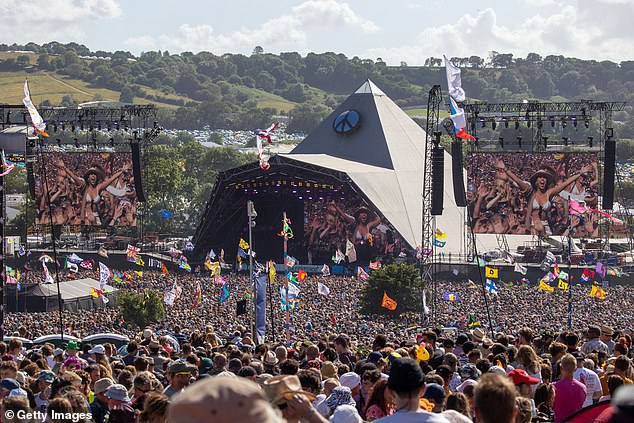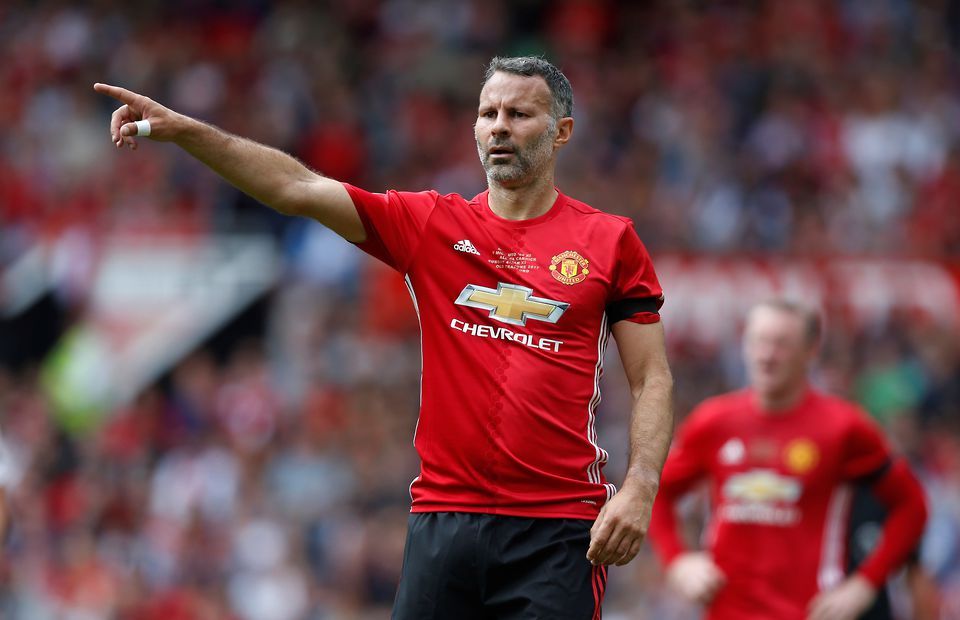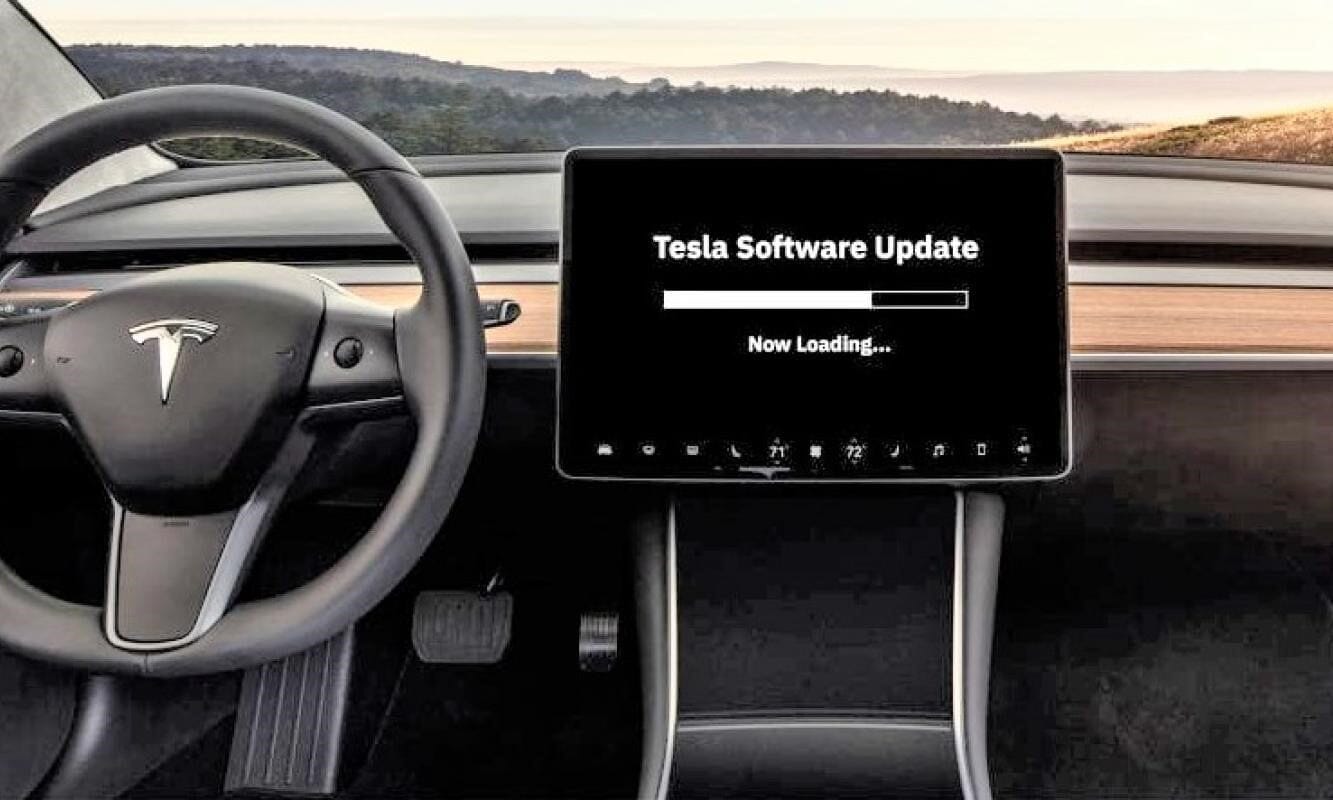Glastonbury 2024: Why The Stage Times Are Causing A Backlash

Table of Contents
Clashing Headliners and Scheduling Conflicts
One of the primary drivers of the Glastonbury 2024 stage times backlash is the unfortunate scheduling of major headliners. The seemingly unavoidable clash of titans has left many attendees facing impossible choices. The desire to see multiple top acts is a common sentiment among festival-goers, but the current schedule makes this nearly impossible for many.
For example:
- Arctic Monkeys vs. Guns N' Roses: These two iconic bands are scheduled to perform simultaneously, forcing attendees to pick one over the other. This is a particularly painful decision for fans who’ve eagerly anticipated both performances.
- Limited Time to Travel Between Stages: The vastness of the Glastonbury site means significant travel times between stages. The tight scheduling offers little room for error, meaning attendees risk missing substantial portions of their chosen acts if they attempt to see multiple artists on different stages.
- Impact on Smaller, Lesser-Known Acts: The focus on headliners overshadows the carefully curated lineups on smaller stages, potentially affecting attendance for emerging artists and limiting their opportunities for exposure. This inadvertently contributes to the overall feeling of unfairness and disappointment felt by many.
Lack of Consideration for Smaller Stages and Emerging Artists
The Glastonbury 2024 stage times appear to prioritize headline acts, potentially overshadowing the numerous smaller stages and the wealth of emerging artists they host. This lack of consideration has not gone unnoticed by festival-goers. The implications are significant for the less-popular but still extremely talented artists featured.
- Fewer Opportunities to Discover New Music: Many Glastonbury attendees relish the chance to discover new artists. The current scheduling makes it difficult for many to explore these smaller acts, reducing the opportunities to find new favorites.
- Loss of Potential Audience for Smaller Acts: The scheduling effectively deprives smaller acts of a potential audience, impacting their career growth and the festival's reputation for fostering emerging talent.
- Impact on the Festival's Reputation for Showcasing Diverse Talent: Glastonbury has historically championed diverse musical genres and emerging artists. The current scheduling challenges this reputation, leading to valid concerns about the festival's commitment to inclusivity and discovery.
Poor Accessibility and Travel Times Between Stages
The physical layout of the Glastonbury site and the resulting travel times between stages contribute significantly to the Glastonbury 2024 stage times backlash. Navigating the vast festival grounds within the tight timeframe between acts presents significant challenges.
- Excessive Distances Between Stages: The considerable distances between stages require ample travel time, further reducing the flexibility of attendees to see multiple performances.
- Lack of Sufficient Accessible Routes: The challenges are amplified for disabled attendees and those with mobility issues. Inadequate accessible routes and limited provisions exacerbate an already difficult situation.
- Impact on Overall Attendee Experience: The difficulties in navigating the site within the constraints of the schedule impact the overall attendee experience, causing frustration and reducing enjoyment. This negatively affects the festival’s overall reputation.
Fan Response and Social Media Outrage
The reaction to the Glastonbury 2024 stage times has been overwhelmingly negative, exploding across social media platforms. The sheer volume of complaints and criticism underscores the depth of the dissatisfaction.
- Examples of Negative Tweets and Forum Posts: Numerous tweets and forum posts express anger, disappointment, and frustration with the scheduling choices, using hashtags like #Glastonbury2024Times, #GlastonburyClash, and #GlastoFail.
- Hashtags Associated with the Backlash: These hashtags effectively highlight the widespread nature of the problem and serve as a focal point for those affected.
- Impact on Ticket Sales and Future Attendance: The negative publicity surrounding the stage times could significantly impact future ticket sales and overall attendance, potentially impacting the festival’s long-term viability.
Addressing the Glastonbury 2024 Stage Times Backlash
In conclusion, the Glastonbury 2024 stage times backlash stems from a combination of factors: conflicting headliners creating impossible choices for attendees, a lack of consideration for smaller stages and emerging artists, significant accessibility and travel challenges, and a resulting explosion of negative online sentiment. This issue is significant, potentially impacting the reputation and future success of the iconic festival. Have you experienced similar frustrations with Glastonbury 2024 stage times? Share your thoughts and experiences in the comments below! What changes would you suggest to improve the stage scheduling for future Glastonbury festivals?

Featured Posts
-
 Souness Names His Top Premier League Player
May 02, 2025
Souness Names His Top Premier League Player
May 02, 2025 -
 Building A Supportive Community 5 Strategies For Mental Health Acceptance
May 02, 2025
Building A Supportive Community 5 Strategies For Mental Health Acceptance
May 02, 2025 -
 Exclusive Update Teslas Search For A Post Musk Ceo Begins
May 02, 2025
Exclusive Update Teslas Search For A Post Musk Ceo Begins
May 02, 2025 -
 Project Muse And The Shared Pursuit Of Knowledge
May 02, 2025
Project Muse And The Shared Pursuit Of Knowledge
May 02, 2025 -
 Florida And Wisconsin Turnout A Deep Dive Into The Current Political Climate
May 02, 2025
Florida And Wisconsin Turnout A Deep Dive Into The Current Political Climate
May 02, 2025
